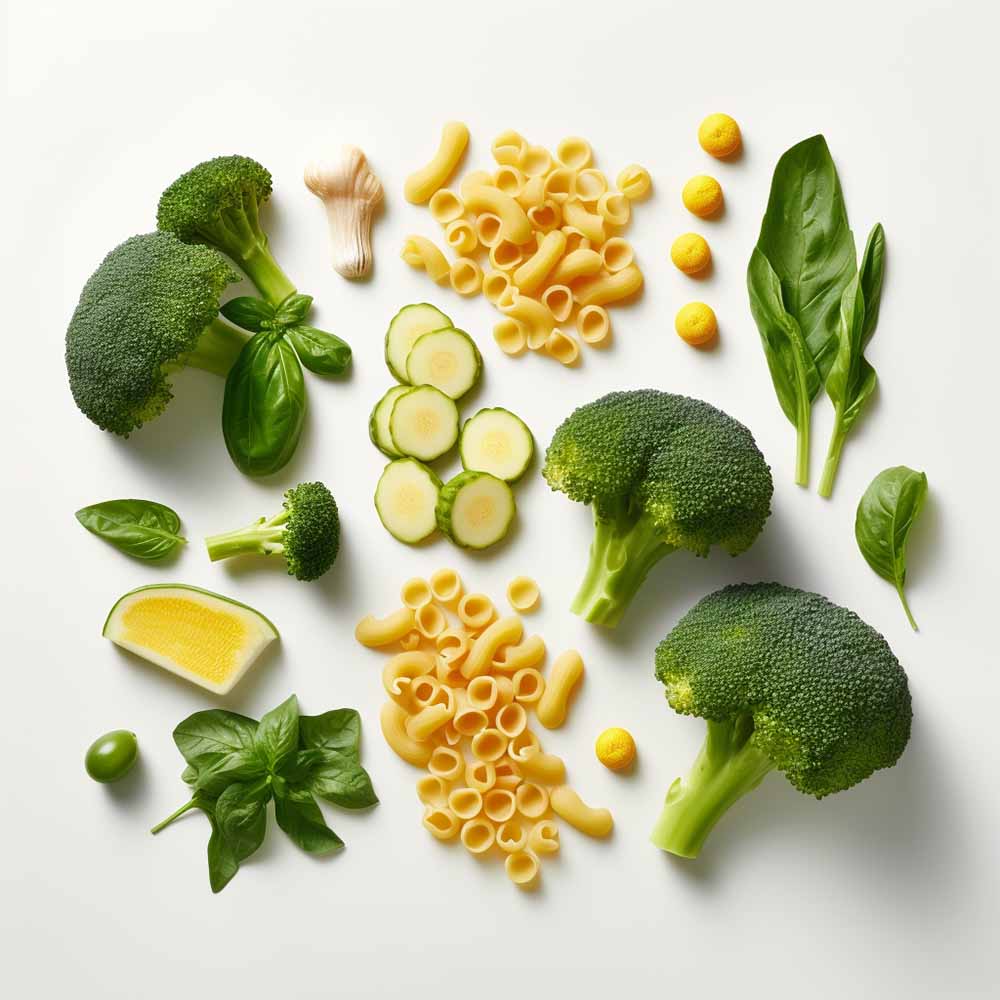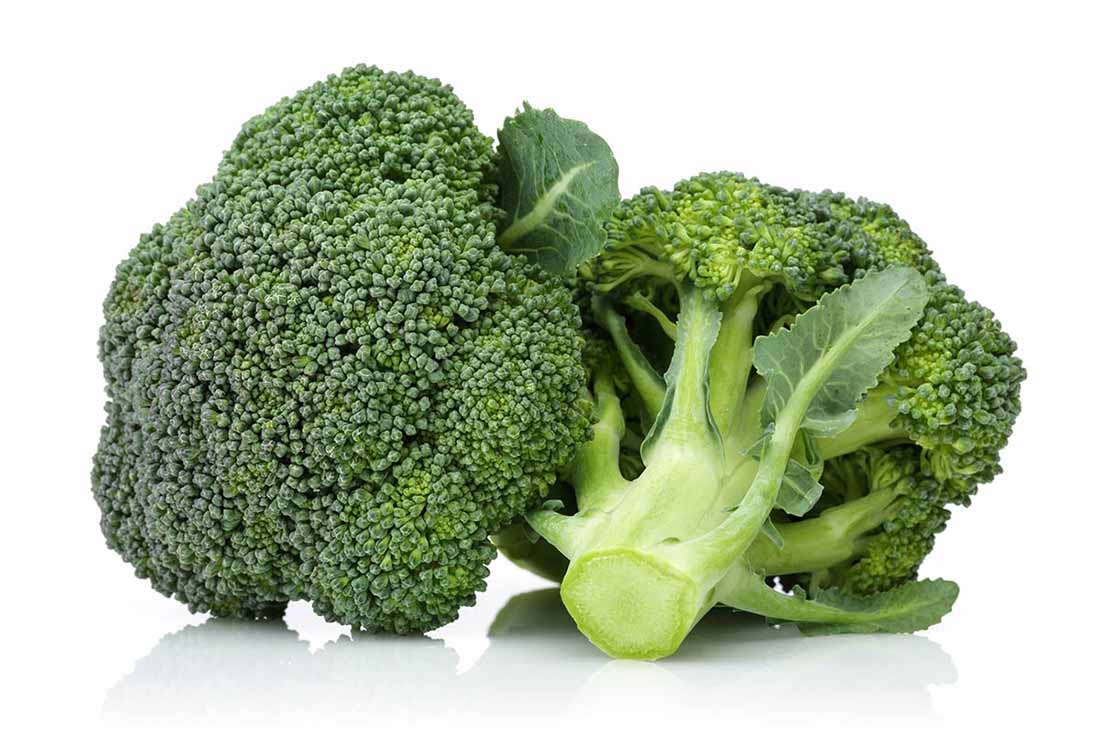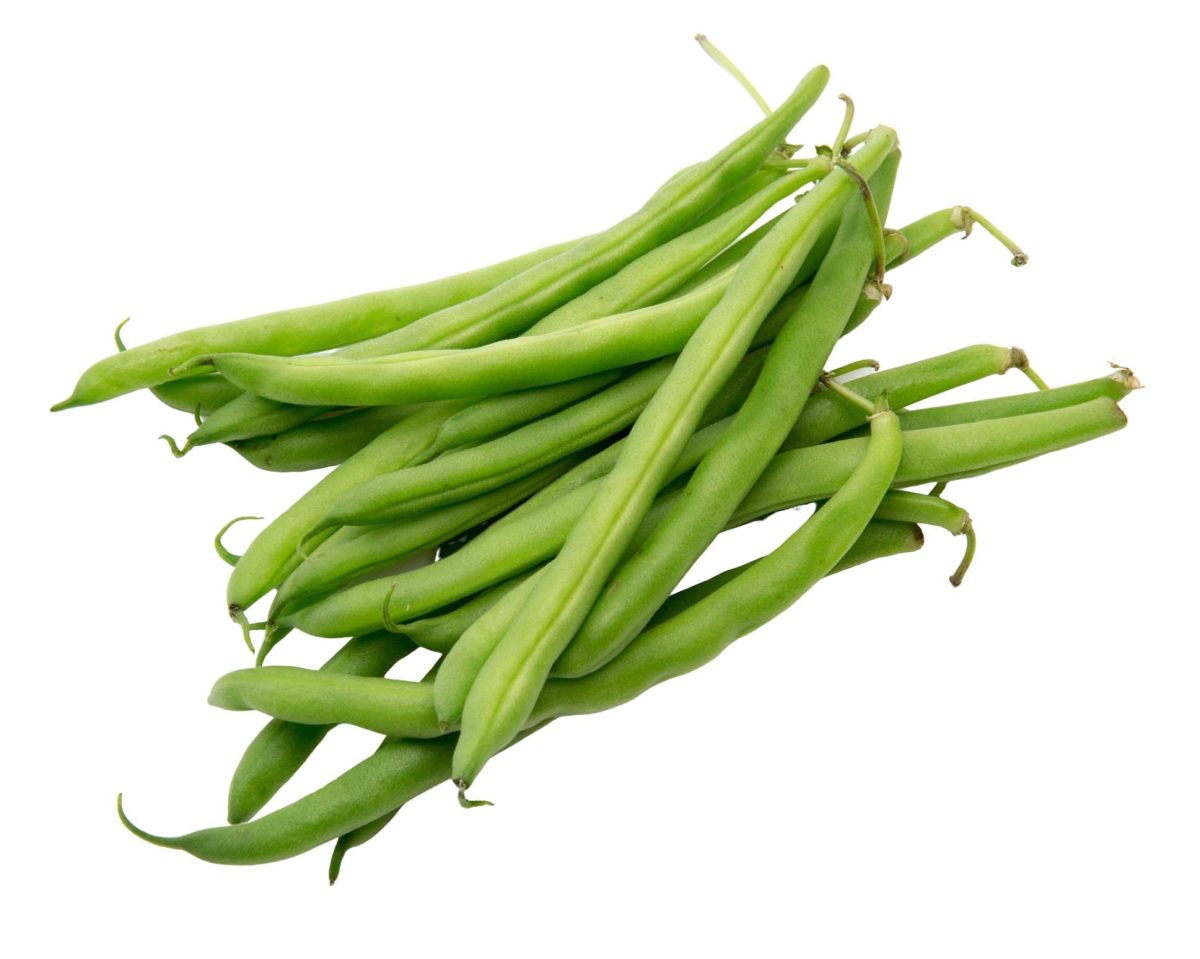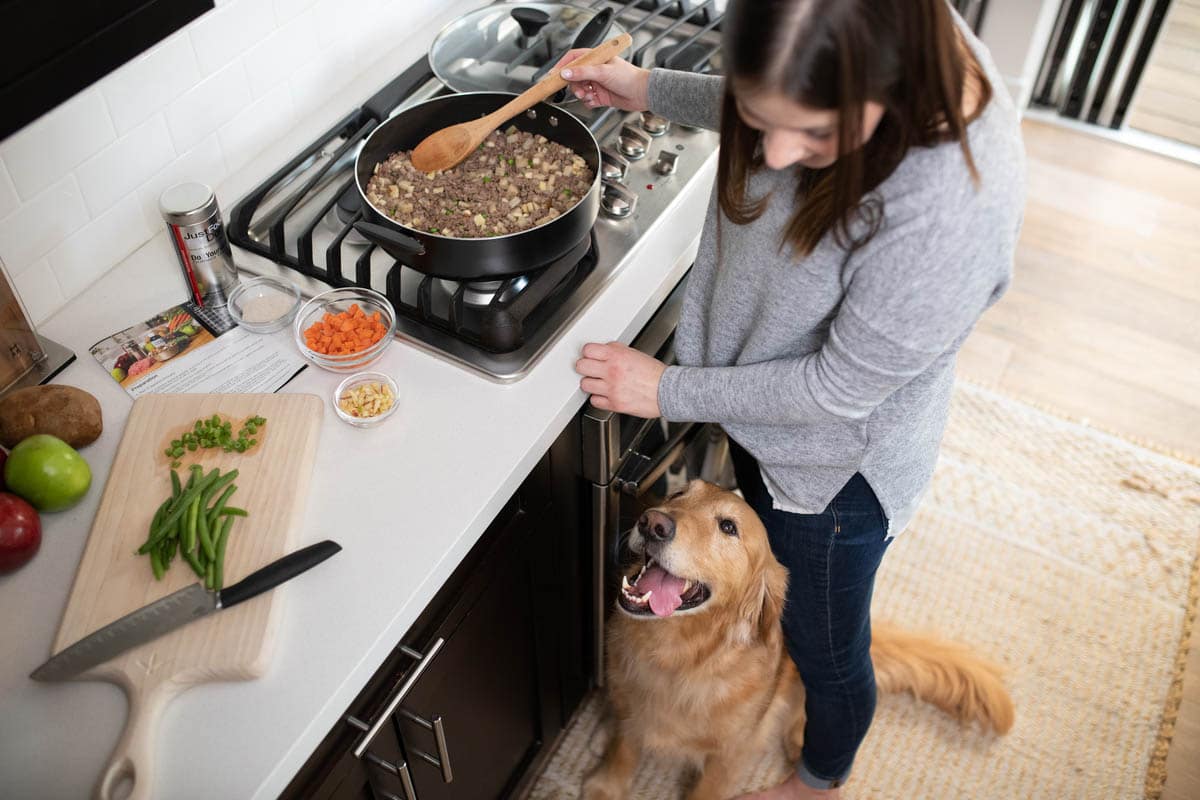Is Broccoli Good For Dogs? You Bet It Is!
High in fiber and low in fat, broccoli makes for a healthy treat and a great veggie addition to your dog’s diet with a number of benefits.
High in fiber and low in fat, broccoli makes for a healthy treat and a great veggie addition to your dog’s diet. In the same family of cruciferous vegetables like cauliflower, kale, and brussels sprouts, broccoli has a number of health benefits for our canine companions.
Is Broccoli Good For Dogs?
Broccoli is good for dogs! It’s a healthy, nutritious vegetable for pups and safe to share with them in moderate amounts. It contains fiber and vitamins that dogs need to maintain a healthy diet. Broccoli is best served to dogs as an addition to regular, balanced dog food.
Can Dogs Eat Raw Broccoli?

Dogs can eat raw broccoli. Feeding your dog raw broccoli it’s especially important that it’s cut into bite-sized pieces to avoid it becoming a choking hazard, and without any oil, butter, or seasonings since these could cause potential health issues for your dog.
Can Dogs Eat Cooked Broccoli?
Yes, dogs can eat cooked broccoli too! The same rules apply regarding seasonings or oil when serving cooked broccoli to your dog. Simply boil, bake, steam, or grill broccoli totally plain for pups, and make sure each piece of broccoli is a reasonable size.
Can Dogs Eat Broccoli Stems?
Broccoli stalks and stems are safe for dogs to eat. They contain more health benefits and fiber than broccoli florets, which are the darker green parts of the veggie.
Health Benefits of Broccoli For Dogs
Broccoli is sometimes considered a superfood for its health benefits. Here’s how it benefits dog nutrition and helps to provide your dog with a balanced diet.
High in Fiber
The high fiber content of broccoli is both a health benefit and a caution when feeding this green veggie to your dog. Fiber is important for dogs to maintain a healthy digestive system and bowel movements, but too much fiber can cause your dog to experience sudden weight loss, gassiness, diarrhea, and vomiting.
Low in Fat
One of the things that makes broccoli so healthy is that it’s low in calories and contains almost no fat. Raw broccoli is nearly 90% water, 7% carbs, and about 3% protein, making broccoli a healthy snack at only 35 calories per cup.
Good Source of Vitamin A, Vitamin C, and Vitamin K
Broccoli is high in vitamin A which supports your dog’s vision, bone growth, and immune system.
It also has plenty of vitamin C, providing more than half your daily value in just half a cup of the steamed veggie. Vitamin C helps support a healthy immune response in dogs and may slow cognitive aging, while vitamin K supports blood health and boosts the body’s injury response.
High in Calcium
Among broccoli’s many health benefits are its high levels of calcium. Dogs need calcium for a few different body functions, like maintaining healthy bones and teeth, building muscle, and keeping their nervous system healthy.
Full of Antioxidants
Broccoli contains several antioxidants including sulforaphane, which studies have shown have anti-inflammatory and anti-cancer properties. Broccoli also contains carotene and lutein antioxidants which reduce free radicals in the body and specifically benefit dogs’ eyes and skin.
Packed With Potassium and Magnesium
Dogs need potassium for healthy nerve function and muscle contraction, including regulating your dog’s heartbeat, and broccoli is chock full of the stuff. It also contains a fair amount of magnesium, an essential nutrient for bone health, blood sugar control, and brain function in dogs.
How Much Broccoli Can I Give My Dog?

While it’s totally safe to feed broccoli to dogs, the amount of broccoli you add to their food should be in small quantities. Broccoli should make up no more than 10% of your dog’s daily food intake.
Broccoli is considered toxic to dogs if it makes up more than 25% of their diet. This is because broccoli florets contain a compound called isothiocyanate which can cause digestive issues like gas, bloating, stomach upset, diarrhea, and gastric irritation, and intestinal blockage.
Signs of Toxicity in Dogs
Serving broccoli to your dog in large quantities can lead to toxicity, and no one wants to see their furry friend suffer. Sharing small amounts of broccoli or any new food with dogs at the start is the best way to prevent your pooch from getting sick.
If they do start to show signs of illness, knowing the signs of toxicity in dogs will help you take action to help them the best you can. Signs of toxicity in dogs may include:
- Decreased activity
- Excess drooling
- Loss of appetite
- Nausea
- Vomiting
- High body temperature
- Dehydration
- Lack of urination
If you suspect your dog or cat has been poisoned or ingested a toxic level of a substance, call emergency pet services right away.
Pet Poison Helpline: (800) 213-6680
ASPCA Animal Poison Control Center: (888) 426-4435
Sharing Broccoli With Your Dog For The First Time
Any time you share a new food with your dog, give them only a small amount the first time. With broccoli in particular it’s important to make sure you’re sharing small pieces with your dog. Owners of small dogs should be especially careful when sharing unfamiliar foods with their pooch. Small dogs can be more sensitive than older dogs due to their size.
What Are The Best Vegetables For Dogs?
- Brussels sprouts — full of vitamin C, vitamin A, and packed with plenty of fiber, brussels sprouts are a great veggie to add some leafy greens to your dog’s diet.
- Sweet potatoes — high in fiber and other nutrients like potassium, calcium, and healthy carbohydrates, sweet potatoes are a hearty and healthy addition to dog food and make amazing dog treats.
- Green beans — green beans make a healthy treat for dogs whether raw or cooked, and are a fantastic addition to balanced whole-food dog diets. They’re known to help fight inflammation and have high levels of potassium and folate, which helps form red blood cells.
What Are The Best Fruits For Dogs?
- Blueberries — low in sugar and crammed with minerals, vitamins, and fiber, blueberries make a sweet fruity treat for dogs and benefit their health!
- Apples — full of antioxidants and fiber, apples are another delicious fruit you can share with your pup. Just make sure to get rid of the seeds, stem, and core first.
Morris, Penelope J., Carina Salt, Jens Raila, Thomas Brenten, Barbara Kohn, Florian J. Schweigert, and Jürgen Zentek. 2012. “Safety Evaluation of Vitamin a in Growing Dogs.” British Journal of Nutrition 108 (10): 1800–1809. https://doi.org/10.1017/s0007114512000128.
Rahamat Unissa Syed, Sivakumar Sivagurunathan Moni, Mohammed Khaled, Weam M. A. Khojali, Mohammed Jafar, Maali D Alshammari, Karim Abdelsalam, et al. 2023. “Broccoli: A Multi-Faceted Vegetable for Health: An In-Depth Review of Its Nutritional Attributes, Antimicrobial Abilities, and Anti-Inflammatory Properties.” Antibiotics 12 (7): 1157–57. https://doi.org/10.3390/antibiotics12071157.







